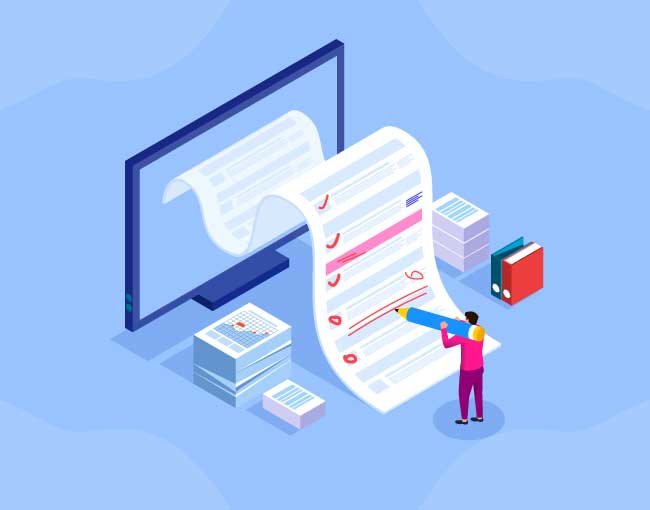Chicago is faced with a significant budget gap of $1.2 billion for fiscal year 2021, largely resulting from the economic impacts of COVID-19. In response to this budget gap, the 2021 Chicago Budget raises the tax rate on nonpossessory computer leases under the Chicago Personal Property Lease Transaction Tax (the “Cloud Tax”). Effective January 1, 2021, the Cloud Tax rate will be 9%, up from the 2020 rate of 7.25%, to equal the rate applied to all other property subject to the Chicago Personal Property Lease Transaction Tax (the “Lease Tax”).
The Cloud Tax applies to nearly all cloud computing services and software-as-a-service (“SaaS”) provided to users physically located in Chicago by classifying such arrangements as “nonpossessory computer leases.” This includes any lease “in which the customer obtains access to the provider’s computer and uses the computer and its software to input, modify or retrieve data or information.” The Cloud Tax applies only to nonpossessory computer leases physically located in Chicago. Personal Property Lease Transaction Tax Ruling #12 (“Ruling 12”) provides that the location of such a lease is the location of the device or terminal by which a user accesses the cloud computing services or SaaS. Ruling 12 presumes that the location of the access device is at a taxpayer’s principal office location (generally within Chicago). In the current work-from home environment, however, that presumption may be incorrect.
Businesses with large populations of employees currently working from locations outside Chicago may be able to significantly reduce their Cloud Tax burden, for both 2020 under the current rate and 2021 under the increased rate, by requesting that their cloud computing and SaaS providers apportion the Cloud Tax to reflect the accurate number of users located outside Chicago. Businesses can accomplish this apportionment by sending their service providers an Affidavit for Apportionment of Use of Nonpossessory Computer Lease template provided by the Chicago Department of Finance.
Chicago’s Cloud Tax is unique among municipalities, and less than half the states subject these services to sales and use tax – only 18 states (not including Illinois) tax SaaS to some degree, and six more states have taxing schemes that vary the tax treatment of SaaS, depending on business versus personal use. Given the likelihood that the current work-from-home environment will continue into 2021, and given that almost every state and local government across the country is faced with similar budget shortfalls, other state and local governments may seek to enact and implement new or expanded taxing schemes similar to Chicago’s Cloud Tax.
Janette Lohman is a member of Thompson Coburn’s Tax practice group. Matt Hafter is a member of Thompson Coburn’s Technology Transactions practice group.

